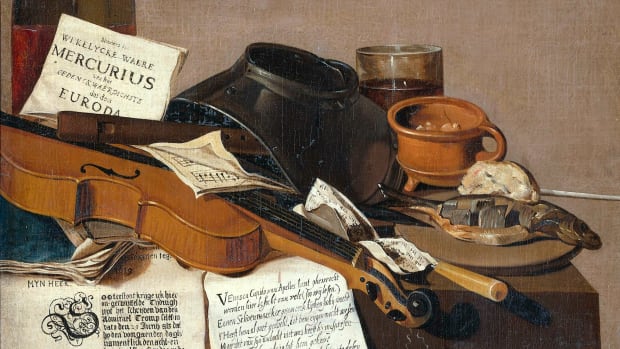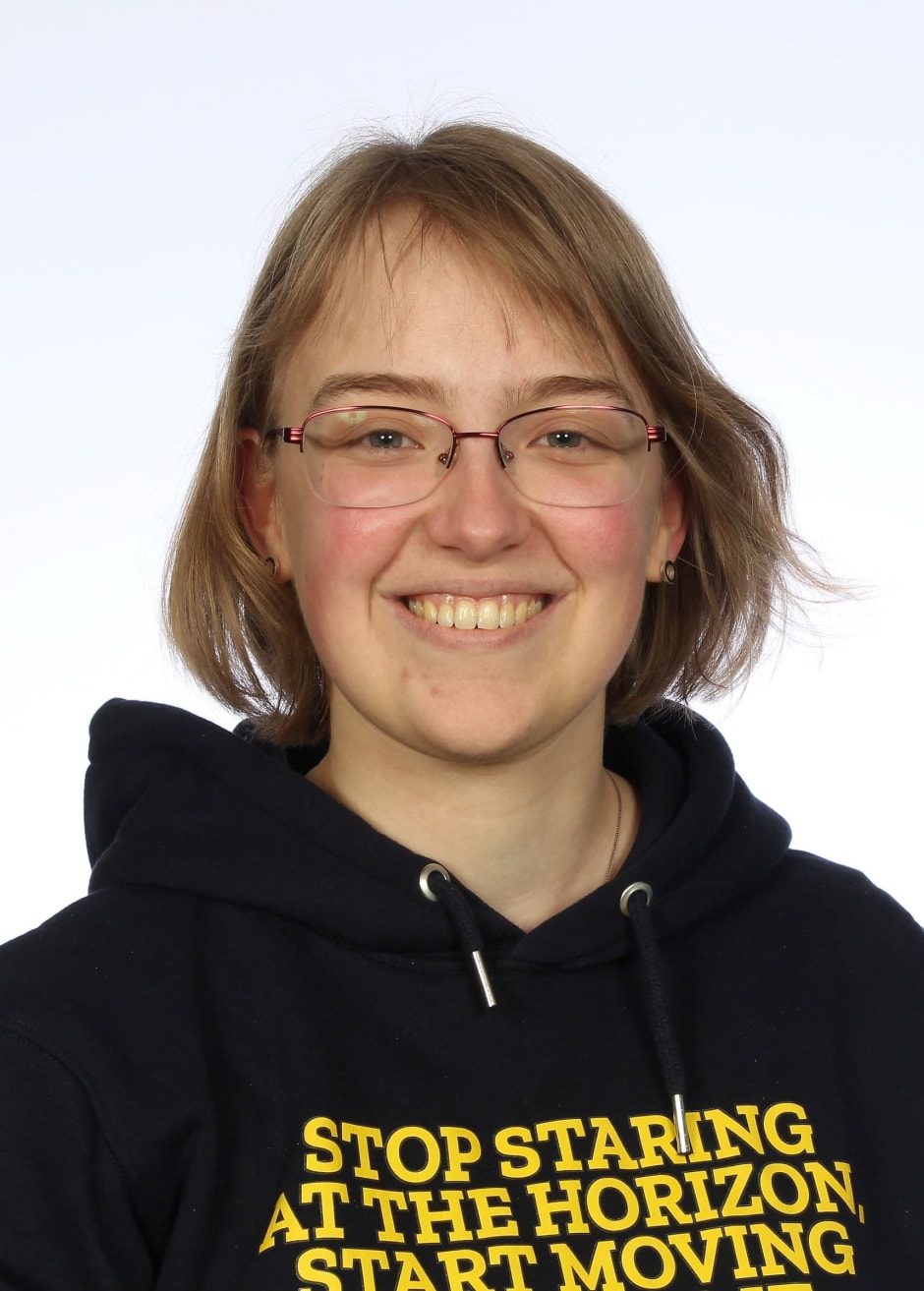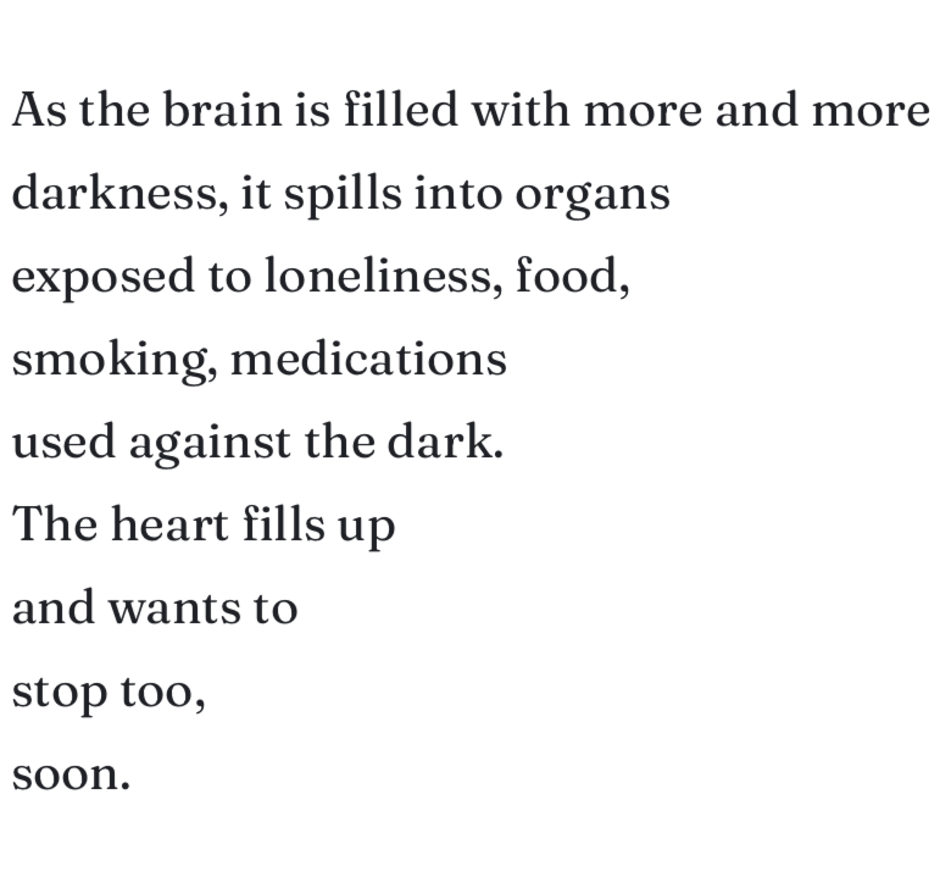
This PhD student writes poetry about her doctoral research
Writing poems about science? For PhD student Tessa Zonneveld, it is a way of sharing her research with the outside world. “It helps to soften the hard and exact edges of science.”
Tessa Zonneveld (24) is currently doing her PhD research at Amsterdam UMC on the relationship between severe mental illnesses, such as depression and anxiety disorders, and cardiovascular disease. Besides her work, the young scientist also writes poetry, about science.
Zonneveld was inspired to poetry at a science communication conference a few years ago. Scientists have to do “outreach” to share their research with the outside world and then often start a blog. Zonneveld wanted to do it differently. At the conference, she met people who communicate science in alternative ways such as through documentaries and podcasts. “There was a lady there who knitted mathematical formulas and patterns to enthuse people about the exact sciences that way. I found that so special. Since then, I looked for a form that appealed to me.”

Zonneveld gravitated towards poetry. She had experimented with it in her teens. For instance, she said she wrote “adolescent poetry” including the poem Falling, about everything around her being subject to change. “It’s about a moment when I felt I had little grip on life during that period. It still hangs somewhere on a cupboard at my house,” says Zonneveld.
Course in Edinburgh
Soon after the science communication conference, Zonneveld attended a science poetry course in Edinburgh. There, she was taught at Edinburgh Napier University by associate professor Sam Illingworth, founder of the science journal Consilience on science and poetry. “Illingworth has been a role model for me ever since,” says Zonneveld. “For example, he wrote the beautiful poem When the Mangroves Disappeared in which he incorporates recent research on the disappearance of mangrove forests due to climate change into poetry.”
Research or the process of doing research lies at the heart of science poetry, says Zonneveld. For her, it is a way to soften the hard and exact edges of science and reflect on her work. In one of her first science poems, for instance, she used the phenomenon of light pollution as a metaphor for how the overload of details in research sometimes makes you lose the common thread. “My grandfather was an astronomer and always told me the most beautiful stories about the universe. In the city, I never saw anything because of light pollution. But in the nature reserves I recently visited on holiday, I did. That reminded me of the process of research and that sometimes distancing oneself helps to arrive at better insights,” said Zonneveld.

In the poem When darkness takes hold, Zonneveld focuses more on the subject of her PhD research. In doing so, she played with the form of the poem to get her message across. Zonneveld: “Suppose my research shows that depression leads to more cardiovascular disease, you could say that the emptiness created in the head leads to the heart stopping: “The heart fills up, and wants to ... stop too, soon”. The form of the poem, ending with one word ties in with this.”
In Zonneveld”s bookcase is a collection by war poet Wilfred Owen, one of the best-known English War poetswho wrote about his experience as a soldier in the First World War. But Great Goddesses by Nikita Gill, a prosaic narrative about the feminist side of Greek mythology, is also an inspiration for Zonneveld.
Besides physical material, Instagram poetry is daily fare for the PhD student. This genre is umbrella for writers who share their prose or poems in short form on Instagram to appeal to an online audience. “I am a big fan of writer Lang Leav, she shares all kinds of things and also challenges followers to get started with poetry,” says Zonneveld. Leav’s Instagram, for instance, shows her using methods like “coin flipping” to get her followers to poetry playfully and thus determine their topics. “That activating tone appeals to me in that.”
The PhD student is currently working on a poem about a paradoxical link between research on musicality and Beethoven, as discovered by a colleague of hers. “She was doing research on which genes are involved in rhythm sense in music, just like it is mapped for certain diseases. And what turns out, the German composer Ludwig van Beethoven, based on his genetic score, was said to be totally arrhythmic. Of course, that makes no sense at all; he was a musical genius,” laughs Zonneveld. “That also says something about how difficult and sometimes limited research and science can be. I hope the final poem reflects that well.”

